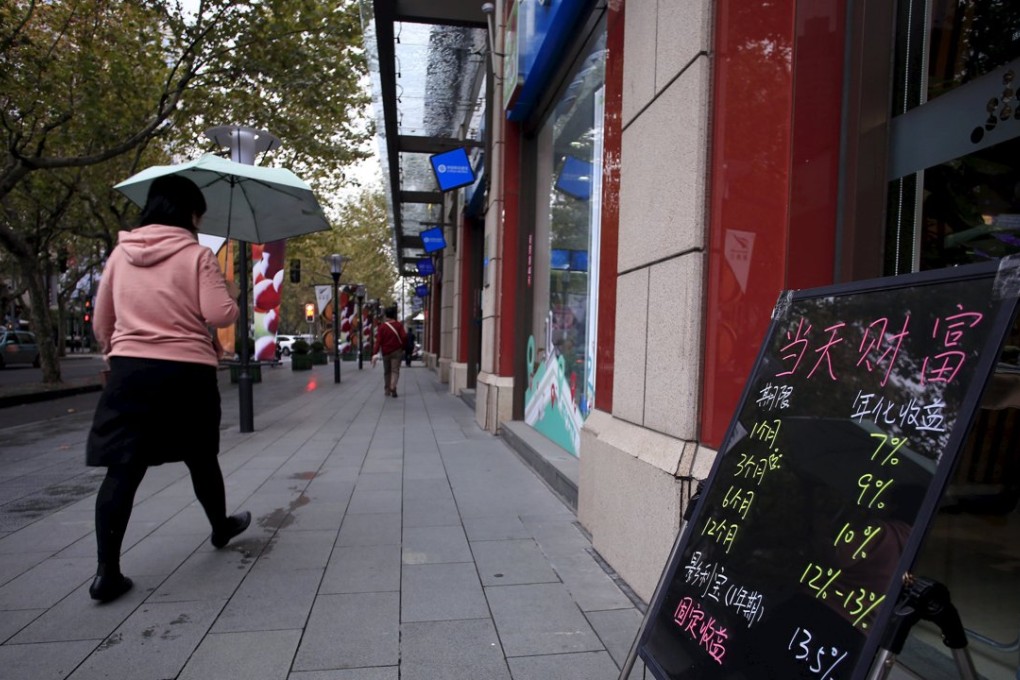New | Default looms for 300m yuan bond issued by Sichuan Shengda Group
Investors are due to be repaid this weekend on debt issued six years ago to fund a hydropower project in Sichuan

A corporate bond approved by the nation’s top economic planner is set to default, provoking ire among investors who might take legal actions against the issuer suspected of hiding key information in the prospectus.
Sichuan Shengda Group won’t be able to pay bondholders principals and interests amounting to more than 300 million yuan Saturday when the notes expire, according to its general manager Li Chuanrong.
He told the South China Morning Post in a telephone interview that a delay of the payment was certain while the company was trying to bring new investors including an A-share-listed firm to bail it out.
“A lot of details about the debt restructuring deal will be discussed, but the outlook is uncertain,” he said. “It will be some time before all the parties involved work out a solution.”
The default adds to evidence that the debt woes facing China’s slowing economy is exacerbating
Amid an economic slowdown, the failure by Sichuan Shengda to pay back investors could further expose low business morale and corruption scandals to the investment community.